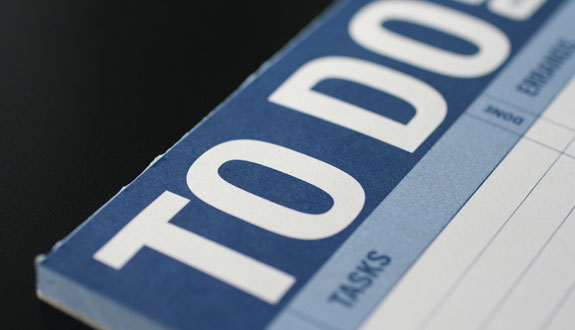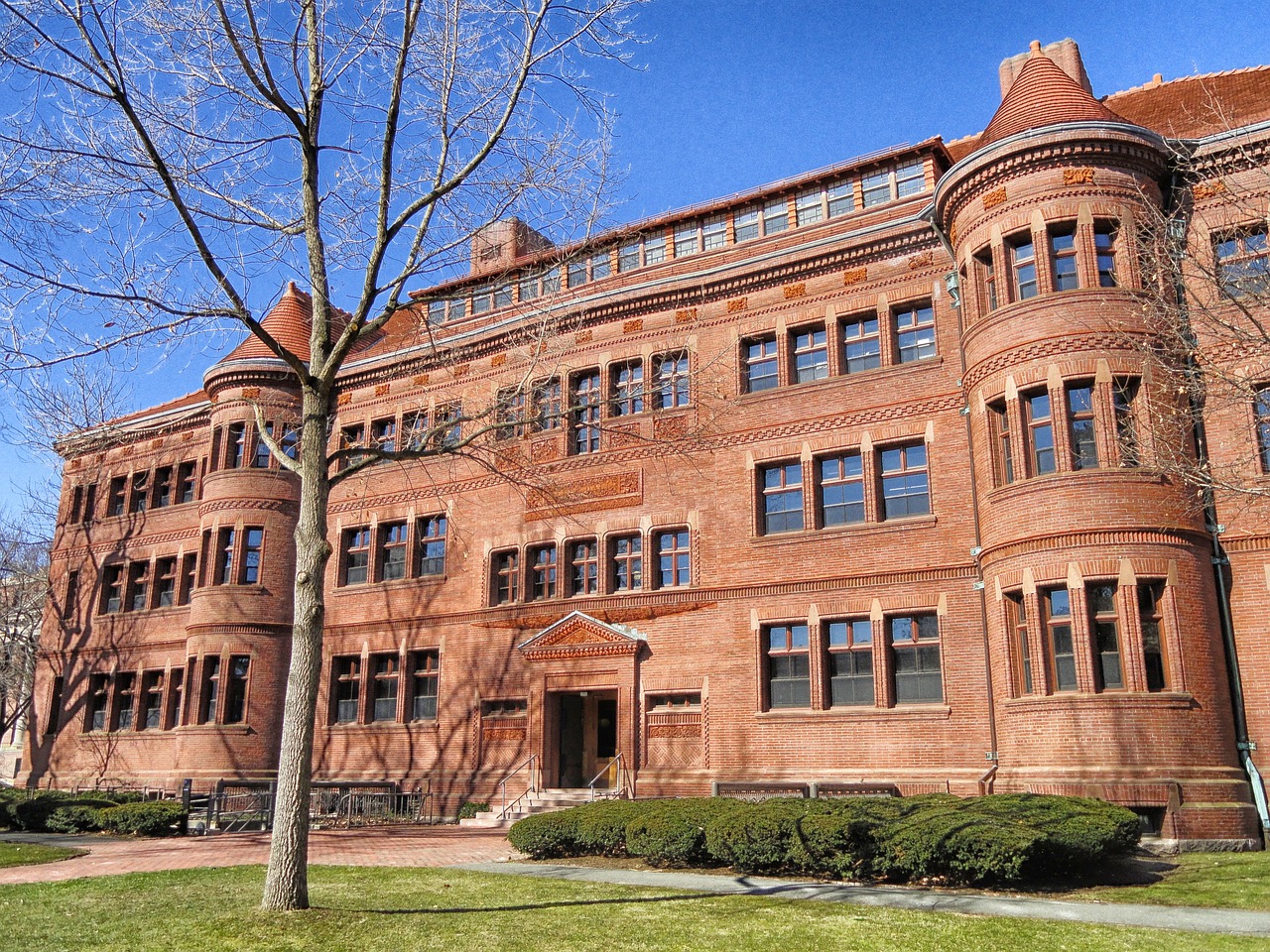The major components of your application packet will be your LSAT score, GPA and personal statement, but your letters of recommendation are an integral part that you cannot afford to overlook. In fact, we recommend starting the process of acquiring letters of recommendation for law school as soon as possible, as professors are notoriously slow at writing them.
Surprised? Don’t be. They’ve got a life! Plan ahead by reading our full guide below and you’ll nab effective and powerful letters of recommendation that can give you an important edge in the applicant pool. Here’s how to transform your letters of recommendation for law school from an afterthought into a dealmaker:
1. Ask for Letters of Recommendation for Law School Early
When we say early we mean early. As we said, professors don’t clear their schedules to write your letter of recommendation right away. It will also take a few weeks for each of your letters of recommendation to process through the administrative channels of the LSAC offices.
Meet with your professors (or employers) three months ahead of when you plan to apply to request letters of recommendation for law school. This is ample time to get the letters completed and submitted in most cases. Another factor to consider: don’t ask for a letter of recommendation too early, or the professor might forget about it or procrastinate. During the meeting explicitly mention when you would like to receive your letters of recommendation for law school. You can even fudge the date and request them a few days ahead of time for a cushion.
Also, ask for more letters of recommendation for law school than you actually need. You never know who will forget to send it in or be too late and miss the deadline. Prepare ahead to avoid frustration.
2. Ask for Letters of Recommendation for Law School in Person
If possible always meet your professor in person to request a letter of recommendation for law school. This carries two distinct advantages over a phone call or email:
1. Scheduling a meeting communicates that you are taking the application process seriously. Emails can be misconstrued, and it’s easier to forget an email exchange than an in-person conversation. Solidify your commitment to law school with a quick meeting.
2. An in-person meeting helps you gauge their interest in writing you a letter of recommendation. You can usually read their body language and interpret their enthusiasm easily when face-to-face. If they don’t seem enthused consider asking someone else.
You should arrive at the meeting fully prepared with application materials that will assist them in writing the best possible letter of recommendation for law school. These materials include:
- Transcript
- Resume
- Personal Statement (at least an outline)
- The best piece of work you completed for that professor
- An answer to the question “why do you want to go to law school?”
- A cover sheet listing a few qualities you believe you demonstrated in class
In the meeting be polite and engaging, but try to be quick. Don’t linger unless your professor is a fan of small talk — you don’t want to take up too much of their time. That’s why it’s important to come prepared with materials you can leave behind.
What if you live several hours away from where you went to undergrad? It’s still better to schedule a meeting. Plan ahead and schedule meetings with multiple professors so you can make the most of your trip.
3. Ask for Letters of Recommendation for Law School From People Who Know You Well
Don’t ask a family friend who is a judge or an alumni of your top choice law school to write you a letter of recommendation if you met them once when you were 16 years old. Even John Roberts can’t do you any favors if it’s obvious he didn’t know you.
Don’t ask someone to write you a letter of recommendation because of who they are; ask someone for a letter of recommendation for law school because they know you well enough to write a personalized, thoughtful recommendation.
It’s perfectly acceptable to ask for a letter of recommendation from a TA if you were in a large class and didn’t get much face time with the professor. In this situation be sure to have the professor sign off on the letter of recommendation for law school along with your TA’s signature.
4. Prioritize Academic Letters of Recommendation for Law School
Try to include at least two letters of recommendation for law school written by professors. Your third can come from a supervisor at work, but law schools are evaluating you as a student, not as an employee. They care about your academic habits and want to evaluate you in that light.
If you have been out of undergrad for five or more years you can start using more letters of recommendation from employers instead of academic ones. However, still try to submit one academic letter of recommendation for law school if you have a friendly relationship with one of your former professors.
5. Ask English Professors for Letters of Recommendation for Law School
The quality of the writing of your letters of recommendation for law school isn’t technically being evaluated, but a beautifully written recommendation will really persuade an admissions panel. English professors tend to write more eloquent and evocative letters of recommendation than, say, math professors. If you have enough possible candidates consider who demonstrates the best command of language.
6. Request Letters of Recommendation for Law School From People Who Have Seen Different Sides of You
This will perhaps be the most difficult rule to implement, but it will also put you the most ahead of other candidates who won’t think to do this. When considering who to ask for letters of recommendation for law school think about the context of the class and your relationship with the professor.
Instead of asking multiple composition professors, for example, ask a variety of people who will create a nuanced portrait of you with their combined recommendation letters. If one professor knows your writing abilities very well, find another professor who saw you in a more clinical or oratorical light. Your letters of recommendation for law school will be more effective if they don’t read as copies of each other.
Follow these tips to have multiple well-written letters of recommendation for law school submitted weeks before your application deadline. Learn how to craft an effective personal statement and position yourself for acceptance from your “dream” law schools. Take advantage of a special discount for Blueprint students and talk to one of our law school admissions consultants to boost every element of your application, from your resume to your diversity statement.




